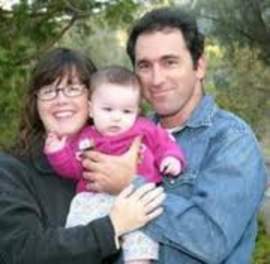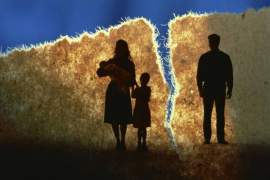
What Are Birth Parents

Family Forms
What are Birth-parents?
The term ‘birth-parents’ refers to the biological parent of offspring. A birth-parent is either the father or mother of their child. Children may possess in a legal sense one or more parents, but they must have two biological birth-parents.
In the United States and all human societies, the biological birth-parents are both responsible for raising their offspring. That being said, some parents who assume the responsibilities of caring for their children are not biologically related to the youth. An adoptive parent is an individual who nurtures and raises the offspring of the birth-parents but is not biologically related to the youth.
Birth-parents, as a result of the responsibility attached to caring for a child, face liability issues. All birth-parents in the United States’ must raise their child in accordance with the laws which govern parenting and family-related issues.
Parental Liability and laws associated with parenting
Parental liability is the legal term used to refer to a birth-parents’ obligation to care for their child and subsequently pay damages caused by intentional, criminal, or negligent acts committed by the child. Parental liability typically ends when the child reaches the age of 18 and does not begin until the child reaches the age of 8—these age barriers, however, will vary based on state interpretation.
In addition to liability, there are basic human rights’ issues that must be adhered to for all birth-parents. Abusing, exploiting, mis-treating or harming a child’s life in anyway is viewed as a criminal action in the majority of states. Furthermore, custody issues and child-support also must be met if the state courts determine a ruling following a divorce separation of the birth parents.
NEXT: What is an Adoption Search?




















